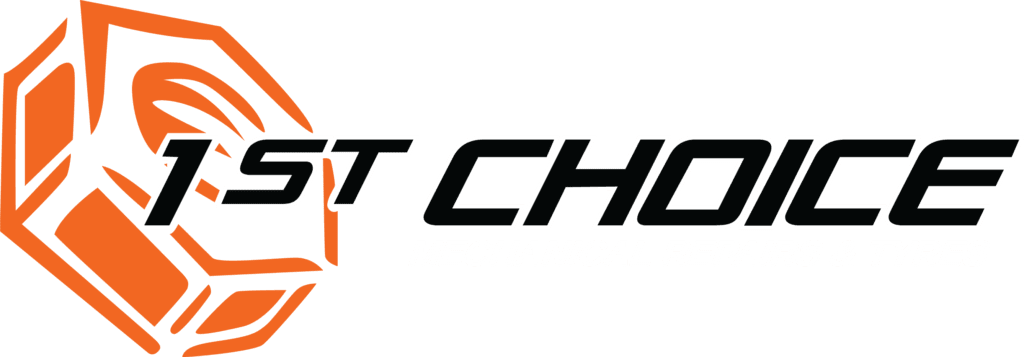![]() Monday – Thursday 7.30 am – 5.00 pm Friday 7.30 am to 4.00 pm
Monday – Thursday 7.30 am – 5.00 pm Friday 7.30 am to 4.00 pm
Your car is more than just a means of transportation; it’s a trusted companion that gets you where you need to go. To ensure it stays reliable and efficient, regular maintenance is crucial. One important aspect of car maintenance is the tune-up. In this comprehensive guide, we will delve into the signs that indicate your car may need a tune-up, explain the benefits of regular maintenance for vehicle longevity, and offer tips on when to seek professional help.
Check Engine Light
One of the most common and unmistakable signs that your car may need a tune-up is when the check engine light on your dashboard illuminates. The light often indicates a problem with your engine, transmission, or emissions system. It’s essential to have a professional mechanic perform a diagnostic check to pinpoint the issue.
Reduced Fuel Efficiency
If you’ve noticed a significant drop in your car’s fuel efficiency, it may be time for a tune-up. Poor gas mileage can result from various issues, such as clogged air filters, worn-out spark plugs, or fuel system problems. Regular maintenance can address these problems and restore your car’s efficiency.
Lack of Power
If your car seems to lack power, struggles during acceleration, or feels sluggish, it could indicate problems with your engine’s components, such as spark plugs or the fuel system. A tune-up can address these issues, restoring your car’s performance and responsiveness.

Rough Idling
If your car idles roughly, meaning it shakes or vibrates when you’re at a stop, this can be a sign of problems with your ignition system, fuel delivery, or the engine itself. A tune-up can diagnose and rectify these issues, leading to smoother idling.
Start-Up Problems
Difficulty starting your car, especially in cold weather, can be a sign of a weak or malfunctioning battery, faulty spark plugs, or a malfunctioning starter motor. Regular maintenance, including battery checks and replacements, can help prevent these issues.
Unusual Noises
Unusual noises coming from your engine, such as knocking, pinging, or rattling, may indicate issues with the ignition or timing. These noises can be addressed during a tune-up, preventing more extensive damage to your engine.
Regular maintenance is not just about fixing problems but also about preventing them and extending the lifespan of your vehicle. Here are some key benefits of regular car maintenance for vehicle longevity:
Extended Engine Life
Regular maintenance reduces wear and tear on vital engine components, such as spark plugs, belts, and filters. This, in turn, extends the overall lifespan of your engine.
Improved Fuel Efficiency
A well-maintained engine operates more efficiently, leading to better fuel economy. This can result in significant cost savings over time.
Reduced Emissions
Proper maintenance ensures your vehicle produces fewer harmful emissions, contributing to a cleaner environment and ensuring compliance with emissions regulations.
Enhanced Performance
A well-tuned engine performs better with improved acceleration, power, and responsiveness. This makes your driving experience safer and more enjoyable.
Prevention of Costly Repairs
Regular maintenance can catch and address issues early, preventing them from escalating into expensive repairs down the line.
Smoother and Safer Driving
A well-maintained vehicle handles better, brakes more effectively, and provides more predictable handling, contributing to overall road safety.
When to Seek Professional Help
While some car enthusiasts may perform basic maintenance themselves, many individuals rely on professional mechanics for tune-ups. Here are some guidelines on when to seek professional help:
Scheduled Maintenance
Follow your manufacturer’s recommended maintenance schedule. Most vehicles require a tune-up every 30,000 to 100,000 miles, depending on the make and model.
Check Engine Light
If your check engine light is on, it’s best to consult a mechanic for a diagnostic check to identify and resolve the issue.
Unusual Symptoms
If your car exhibits any of the signs mentioned earlier, such as poor fuel efficiency, rough idling, or unusual noises, it’s time to schedule a tune-up.
DIY Limitations
If you lack the tools, experience, or time to perform a comprehensive tune-up, it’s best to leave it to the professionals to ensure the job is done correctly.
Warranty Considerations
If your car is still under warranty, following the manufacturer’s recommended maintenance schedule, often requiring professional service, is necessary to maintain warranty coverage.
Regular tune-ups are essential for the health and longevity of your vehicle. By understanding the signs that indicate your car may need a tune-up and the benefits of regular maintenance, you can ensure that your car continues to provide reliable and efficient transportation. Don’t wait until a minor issue becomes a major problem; schedule regular tune-ups to keep your car running at its best for years to come. Enjoy peace of mind knowing that your vehicle is well-maintained and ready for the road ahead.

If you need an experienced and honest mechanic in Wollongong, make 1st Choice Mechanical Repairs your only choice.
Licence. No: MVRL31591



All rights reserved 1st Choice Mechanical Repairs Copyright 2023